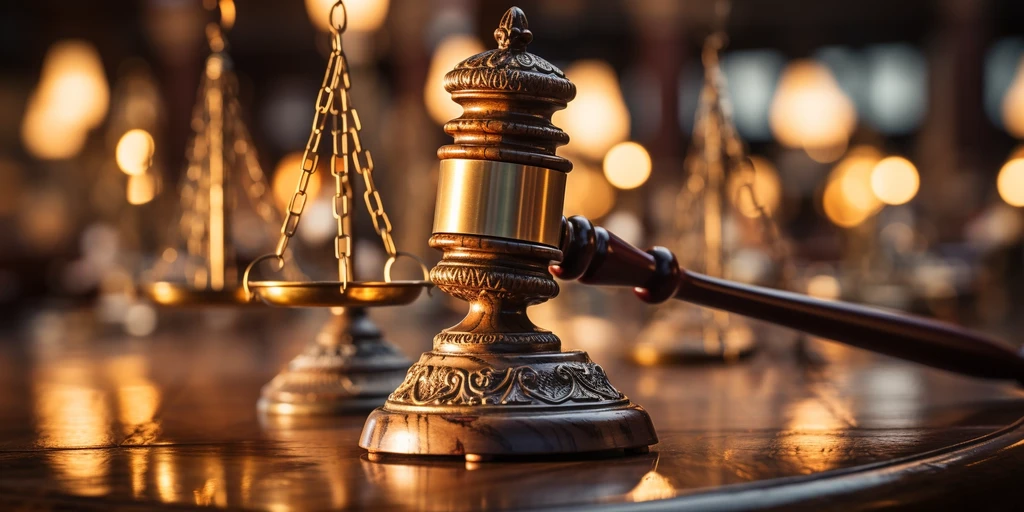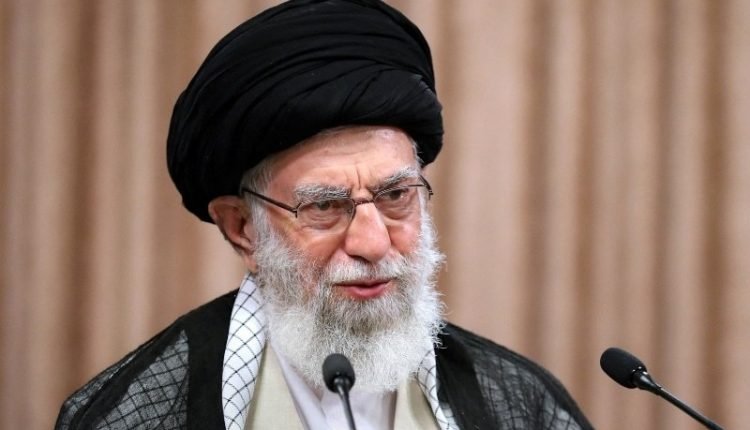Tariq Mahmood Awan
In the wake of the recent approval of the Crime Control Department (CCD) Ordinance and its activation across Punjab under the leadership of IG Police Dr. Usman Anwar, a new conversation is taking shape in Pakistan—one that touches not only on law enforcement but on the very fabric of justice in the country. While the CCD’s stated goal is to target hardcore criminals, drug traffickers, and kidnappers, the emerging pattern of extrajudicial killings has triggered a deeper societal response: growing public support for police encounters. This trend, troubling as it is, reveals a much bigger crisis—the slow and painful collapse of Pakistan’s criminal justice system.
It is no secret that people across Pakistan are fed up with crime. From urban centers to rural districts, stories of armed robberies, rapes, land mafia violence, extortion, and kidnapping have left citizens feeling unsafe and helpless. The CCD was launched with the promise of swift action and quick results. Within weeks, the unit began reporting successes: arrests of gang members, recovery of stolen vehicles, and even the elimination of dangerous criminals in police encounters. But these so-called “encounters”—frequently bypassing court procedures—have raised pressing ethical and legal questions. And yet, instead of condemnation, they are being met with public approval. Why?
The answer lies in a collective loss of faith in Pakistan’s criminal justice system. The system designed to investigate, prosecute, and punish criminals is, in the eyes of many, broken beyond repair. People no longer believe that courts will convict the guilty, that police investigations will hold, or that trials will conclude in a reasonable time. In this environment, when a criminal is gunned down in an encounter, many citizens don’t question the legality—they simply sigh in relief. To them, something has finally been done.
But that sense of relief is a symptom of a deeper illness. A nation where executive organs of the state begin performing judicial functions—arresting, judging, and executing—is on a dangerous path. The core principle of justice, due process, gets lost in the chaos. And though police encounters may temporarily lower crime rates, they do nothing to strengthen the rule of law. In fact, they undermine it.
Pakistan’s justice system suffers from a range of structural problems. First and foremost, investigations are weak. Most police stations are underfunded, understaffed, and poorly trained in modern crime detection. Forensic labs are limited and often inaccessible. Witnesses are left vulnerable to threats, and evidence is lost due to negligence or corruption. Consequently, even in high-profile cases, police often fail to build watertight cases.
Then comes the prosecution phase, where matters worsen. Public prosecutors lack independence, proper case management systems, and legal training. In many instances, they do not work in coordination with investigating officers, leading to glaring gaps in the courtroom. Add to that political influence, fear of reprisals, and limited incentives, and you get a prosecution system that is not only ineffective but often complicit in delays.
Please, subscribe to the YouTube channel of republicpolicy.com for quality content.
The judicial process itself is riddled with problems. Courts are overwhelmed by caseloads. Judges lack support staff and face immense pressure. Most criminal trials take years to conclude. According to legal experts, the average time to complete a criminal case—from FIR to final verdict—exceeds three years. In many cases, the accused gets bail or is acquitted due to lack of evidence, and victims are left without closure.
This prolonged and painful process has left ordinary citizens deeply disillusioned. They see criminals arrested and released multiple times. They hear of rapists walking free and land grabbers winning cases due to forged documents. In such a system, when a “criminal” is killed in a police encounter, many feel justice has finally been done—even if it’s outside the law. This dangerous mindset is not born out of cruelty but out of desperation and helplessness.
The CCD, though launched with good intentions, risks becoming a symbol of this dysfunction. Its mandate is to suppress crime, but if it bypasses legal procedures, it becomes a shortcut—a bandage over a broken limb. The question we must ask is not whether it delivers results, but whether it delivers justice.
It is important to remember that in any democratic system, justice must be institutional, not impulsive. The rule of law is not optional—it is foundational. Every citizen, no matter how serious the allegation, has the right to a fair trial. The constitution of Pakistan and the spirit of Islamic law both uphold due process, legal defense, and judicial adjudication. No executive authority, no matter how well-intentioned, can be allowed to assume the power to decide life and death.
Yet here we are. Public opinion increasingly supports encounters, because people believe courts don’t work. This is a moment of reckoning. The issue is no longer just about policing—it’s about the collapse of trust in legal institutions. If the state does not act now to rebuild that trust, we may find ourselves permanently trapped in a parallel system of executive justice—unaccountable, unchecked, and irreversible.
So what is the way forward? The solution does not lie in giving more guns to the police but in reforming the system they operate within. Pakistan needs a comprehensive criminal justice reform agenda. It must begin with depoliticizing police recruitment and training them in investigative techniques, not just crowd control. Modern forensic science, digital evidence management, and witness protection programs must become standard.
The prosecution must be made autonomous, better resourced, and equipped with trained legal professionals. Case management systems must be digitized to reduce delays. The judiciary must be expanded, better staffed, and given the tools to speed up trials. Laws regarding bail, evidence, and trial procedures need to be updated to reflect modern realities.
Most importantly, political will must back these reforms. Without commitment at the top—Parliament, judiciary, and executive—no real change can happen. Civil society, media, and legal professionals must keep the pressure on. We must reject shortcuts and insist on real solutions.
In conclusion, the rise of CCD and public support for encounters are not signs of success—they are warning signs. They point to a justice system that has failed to deliver. But the answer is not to give up on the system—it is to fix it. Pakistan deserves a criminal justice system that protects the innocent, punishes the guilty, and upholds the law—not one that leaves citizens hoping for bullets instead of verdicts.
Justice must never be served at gunpoint. It must be delivered through law, reason, and fairness. That is the only path to a safe, civilized, and democratic Pakistan.
















